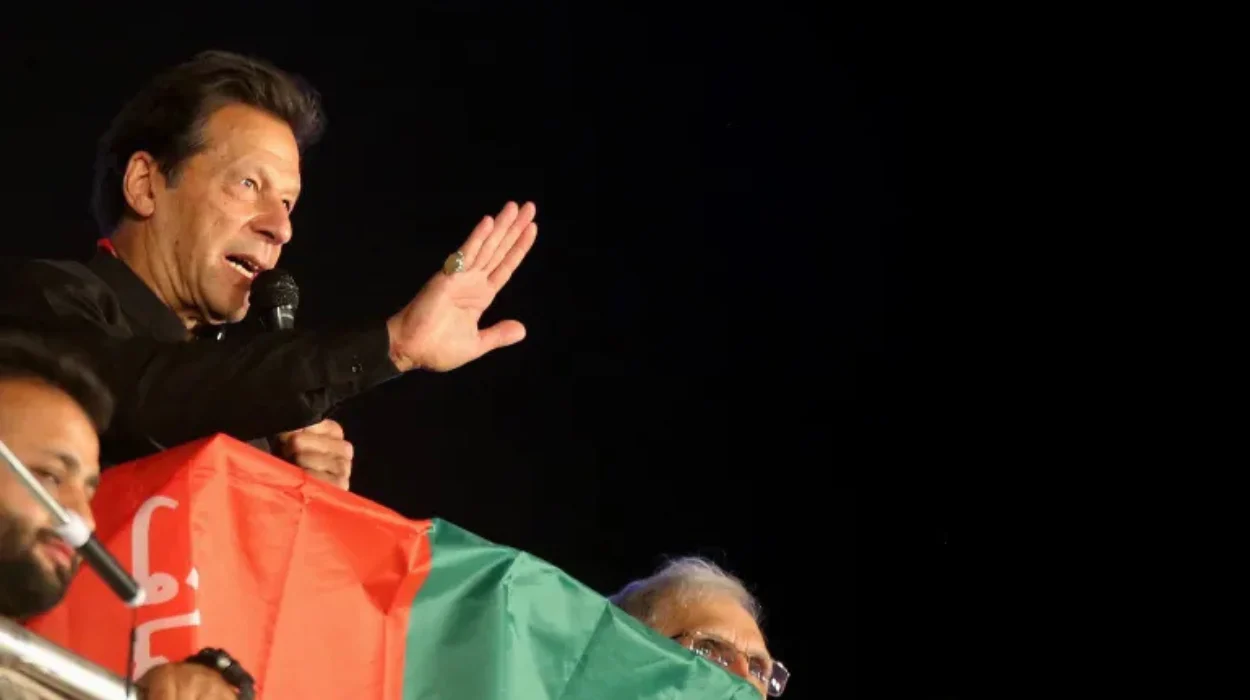USA (Transatlantic Today)—The US Congress is set to hold a hearing on March 20 to discuss the “future of democracy” in Pakistan, weeks after contentious elections marred by allegations of rigging. Despite the controversy, analysts believe the hearing will have minimal impact on the complex and evolving US-Pakistan relationship.
Controversial Elections and Political Unrest
Pakistan’s general elections in February were plagued by claims of widespread manipulation, delayed results, and voter suppression. Former Prime Minister Imran Khan’s Pakistan Tehreek-e-Insaf (PTI) won the most seats but refused to form a coalition, leaving rivals Pakistan Muslim League-Nawaz (PMLN) and Pakistan People’s Party (PPP) to forge a new government.
Khan, currently imprisoned, has accused the US of orchestrating his ouster in 2022 for engaging with Russia amid the Ukraine war. Both the US and Pakistan’s military deny the claims, labeling them baseless.
Congressional Hearing: Optics or Impact?
A subcommittee of the US House of Representatives Committee on Foreign Affairs will examine Pakistan’s political trajectory, with testimony expected from Assistant Secretary of State Donald Lu, whom Khan alleges played a role in his removal.
Despite the hearing, experts like Maleeha Lodhi, Pakistan’s former ambassador to the US, warn against overestimating its significance. “These hearings often cater to optics rather than influencing substantive policy changes,” she said.
Shifting Dynamics in US-Pakistan Relations
Since the US withdrawal from Afghanistan, bilateral relations have been recalibrated. Analysts note that the partnership now revolves around regional stability, particularly regarding India, China, and Afghanistan, rather than Pakistan itself.
“Pakistan is not a priority for the US,” said Abdul Basit, a research fellow in Singapore. “The Americans are focused on other global crises like Ukraine, China, and the Middle East.”
Kamran Bokhari, senior director at the New Lines Institute, concurs, stating, “This hearing reflects local US politics and diaspora pressures rather than a shift in foreign policy.”
An Inflection Point in Relations
While the hearing underscores tensions, it also highlights the reduced strategic importance of Pakistan in US foreign policy. Analysts argue that Washington seeks to avoid deep involvement in Pakistan’s domestic crises as it grapples with global challenges and its own election season.
As the US-Pakistan relationship enters a new phase, the upcoming congressional hearing is unlikely to alter its trajectory significantly, instead serving as a moment of reflection on an evolving partnership.


























